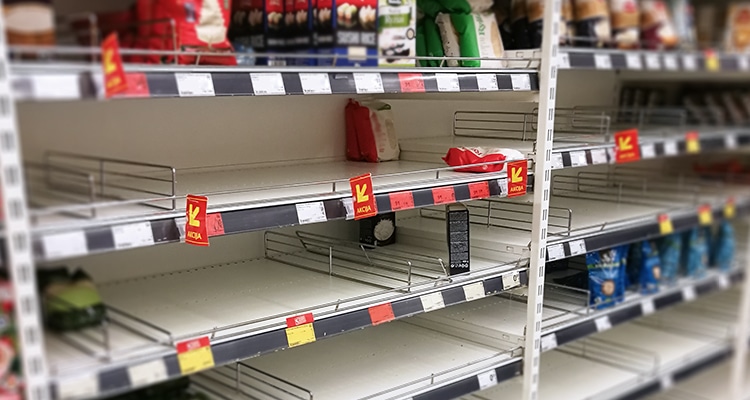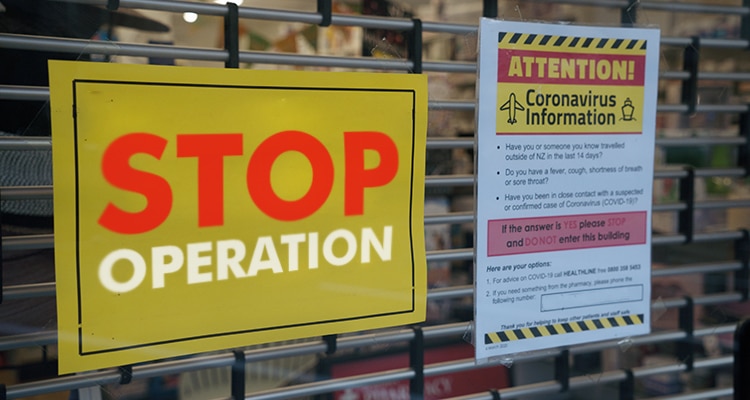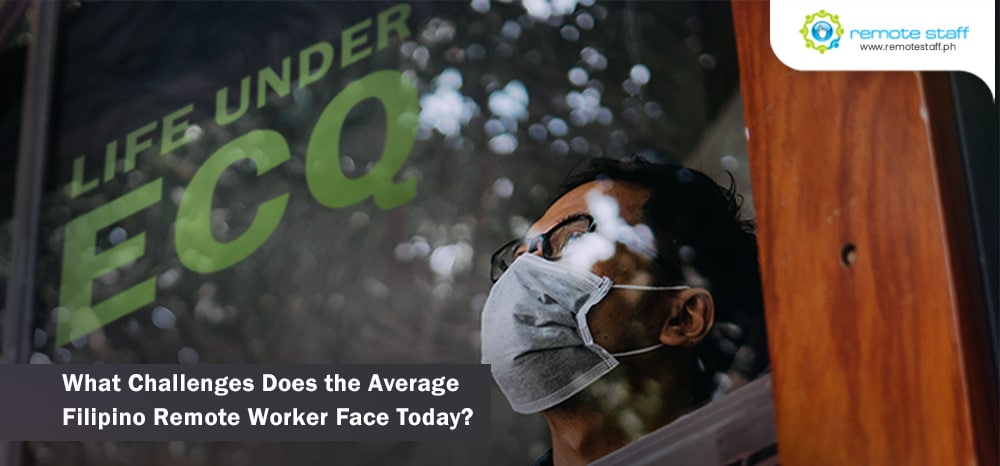Last 16 March, President Rodrigo Duterte placed the entire area of Luzon under an enhanced community quarantine or ECQ.
And that, for the previous month at least, was the end of life as we know it. Almost overnight, the world went upside down. Something as simple as going out for the week’s groceries involved an elaborate series of disinfection procedures. Plans for work and for school were thrown up in the air, what with no definite end to the ECQ period.
For now, at least, staying in and staying away is the right thing to do.
While this is pretty much the situation around the world (no) thanks to the covid-19 pandemic, Filipinos arguably have it harder than most. As of last week, we have the highest number of cases in Southeast Asia, far exceeding the 6,000 mark. We are also dead last on the list of the safest Asia Pacific countries amidst the crisis .
And despite Filipino remote workers being in a better position to handle working from home, they are not without their troubles as well. Let’s take a quick look:
Lack of Job Security

Now that global levels of consumption have drastically decreased, so too has the demand for several goods and services. This, in turn, has endangered a lot of micro, small, and medium enterprises (MSME’s), a good percentage of which rely on Filipino remote workers.
Amidst such uncertainty, these sub-contractors are at risk for retrenchment, if they haven’t been let go off already.
Dwindling Supplies

Even if you have money, there’s still no guarantee that you’ll have sufficient access to essential goods. Panic buying has stripped the shelves of basic commodities, and the lockdown in Luzon has made it difficult for regular deliveries to come through.
The Philippine Chamber of Food Manufacturers, Inc. (PCFMI), for instance, reported operational and supply chain gaps in the coming weeks.
“At the moment we can assure at least a few weeks to a month’s supply. Succeeding supplies heavily depends on how current issues are handled,” the PCFMI, which includes over 100 of the nation’s top food suppliers including the San Miguel Corp, Nestle Philippines Inc and Nutri-Asia Inc, said. “We did not anticipate this situation so incoming of materials in the next coming weeks can be an issue.”
Sure, doing your grocery shopping online is an option, but securing a definite delivery schedule is currently next to impossible. Otherwise, most Filipinos risk life and limb each time they head out to replenish supplies. More on that in the next item.
Diminished Access to Key Public Services (Transportation, Repair Services, Medical Care, etc.)

So, why have simple errands become so perilous for the average Filipino? For one, the government suspended public transportation when they declared the ECQ period. This means that a lot of Filipinos will have to walk miles to get to the nearest supermarket or pharmacy when the need arises. For many, their sole line of defense is a reusable face mask.
Filipino remote workers also have to be extra careful with their WFH equipment. These days, if your laptop or desktop breaks, you’d be hard-pressed to find operational repair services.
Ditto for a faulty Internet connection. I had to wait 48 hours for our provider to send their repair personnel over, and I was already fortunate in that sense. According to some of the people on the WFH groups I frequent, the average turnaround time for such repairs is 3 weeks. Is there a remote client in the world willing to wait that long for a subcon to get back? Somehow, I doubt it.
Furthermore, Filipino remote workers’ access to medical care is currently compromised. Many hospitals, overwhelmed by the deluge of covid-19, no longer accept additional patients. Besides, many are hesitant to see a doctor these days, what with the risk of exposure in hospitals and clinics.
In addition, unlike in most Western countries, the Philippines has no significant free healthcare programs. One covid-19 patient’s bill reportedly reached PHP 3 million (about AUD 92,000). Yikes. Try footing that on your own when your employment prospects are dim.
Delayed Government Aid

Speaking of insufficient state welfare programs, what little the government has to offer takes far too long to get to the intended beneficiaries. The President announced that low-income families would receive Php200 billion in cash aid and relief goods. However, several communities have yet to receive theirs weeks after the announcement.
The private sector has made efforts to raise funds and donate much-needed goods to those in need. Unfortunately, outdated bureaucratic practices stand in their way. Just last week, the Department of Social Welfare and Development (DSWD) reminded such parties to secure a permit and pay a fee before embarking on fundraising activities, despite the urgency of the situation.
Mental Health Concerns

Let’s face it. No one’s coming out of this unscathed. It doesn’t matter if you or one of your loved ones is a frontliner or not. When you’re facing such monumental concerns as the ones mentioned above, it’s natural to feel unsettled and anxious.
When daily survival is this demanding, there isn’t much mental energy left to consider the future. Thus, some remote workers, ourselves included, might find it more difficult to multi-task or to be as productive as we were. We’ll soldier on, of course, as many of us depend on our jobs to feed our families, but each day will still feel like a battle.
Hang in there, comrade. We’ll all get through this somehow.

